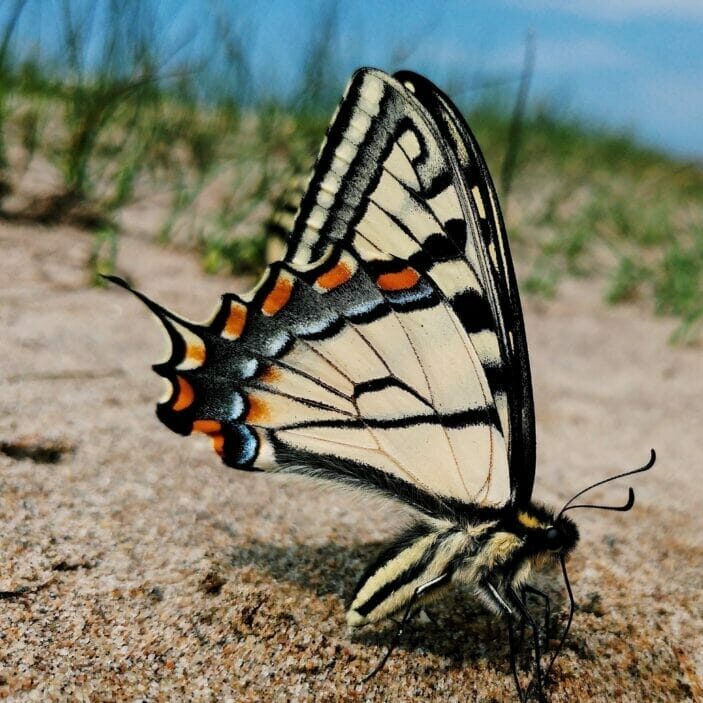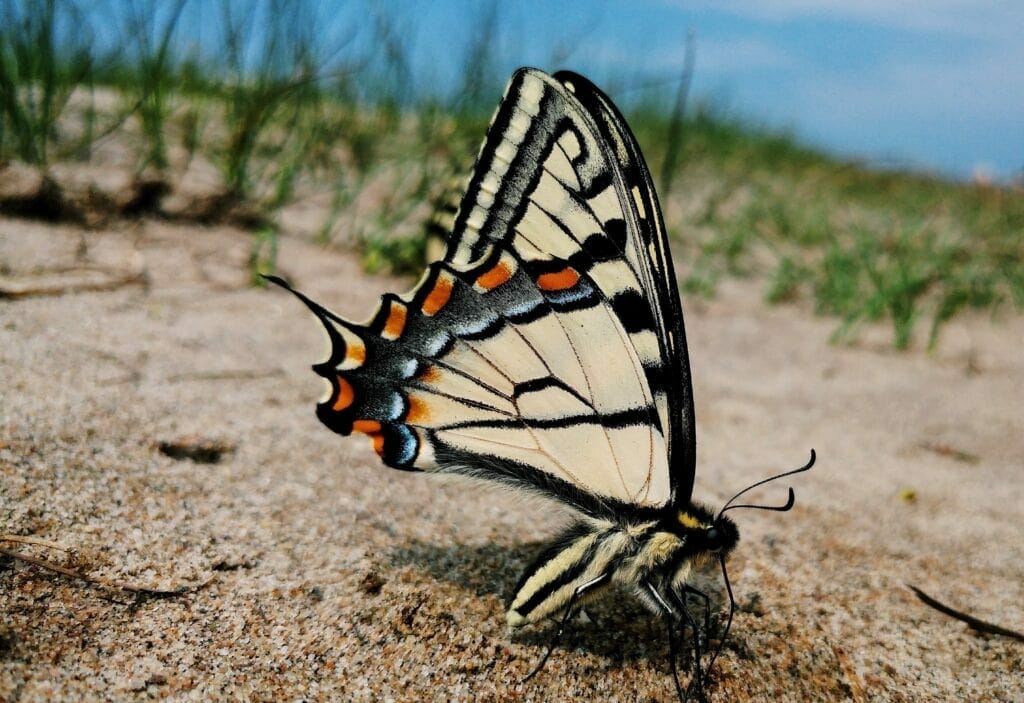
While leaps and bounds have been made in the environmental movement since the publishing of Rachel Carson’s Silent Spring in 1962, the problems she outlined in her book are far from being solved today.
Carson was inspired to write Silent Spring after learning of the death of many birds due to DDT — a pesticide widely used in North America after its invention in the 1940s. It had many applications: as a spray to kill mosquitoes and prevent diseases in humans such as malaria, as well as being used in both agriculture and homes to kill pests.
DDT: an instrument of death
Classified as a broad-spectrum pesticide, DDT kills all insects rather than targeting a specific species. And so, it killed many insects that are helpful to us such as pollinators like bees and butterflies, and predatory insects that eat harmful mosquitoes. DDT has also been found to directly kill fish and aquatic invertebrates.
For organisms for which DDT doesn’t cause outright death, it causes a plethora of other problems. When exposed to the pesticide, there can be a build-up of DDT in animal tissues.
One key example of the effect of DDT was the effect on predatory birds at the top of the food chain such as peregrine falcons. These birds accumulate high amounts of DDT in their tissues as the birds, fish and insects they fed on all contain the pesticide, which had strong effects on their reproductive abilities. Populations of peregrine falcons and other predatory birds plummeted in areas across North America with high levels of DDT use. In the United States, peregrine falcon populations were formally listed as an endangered species.

Silent Spring and the aftermath
Silent Spring is often attributed as the foundation of the modern environmental movement and after its publication, pesticide use became a major public issue. Carson was able to effectively convey scientific evidence of the harms of pesticide use to scientists and non-scientists alike and she inspired awareness and concern in many. Her work and the surrounding movement led to more investigations into the harms of DDT. It was banned in the U.S. by 1972 and in Canada by the 1980s.
The situation for peregrine falcons was looking very bleak. But with the ban on DDT and increasing environmental awareness, this bird returned from the threat of extinction — captive breeding programs and reintroductions into wild areas led to the recovery of the peregrine falcon. By 1999, they were no longer endangered.
Silent Spring sparked massive change. The incredible success story of the peregrine falcons really demonstrated the value of public interest in science. However, where do we stand now, 60 years later, with the use of pesticides and the effects on the environment?
Where are we now?
While DDT is no longer a problem in North America, the problem of pesticides still prevails. Increasing agricultural land is being treated with pesticides in Canada. These substances still harm birds and mammals as the chemicals build up in their tissues.
Pesticides also run off into rivers, lakes and oceans. Not only does this affect aquatic invertebrates, but studies suggested pesticides disproportionately affect marine mammals such as whales and seals, since they are not able to detoxify the substances as sufficiently as other animals.
One major problem with pesticides has been the decline of insect species, dubbed “insectageddon” or the “windshield phenomenon.” However, this has gone largely unnoticed. Birds and mammals that are cuddly, soft and cute have an easier time winning our affection. As many people do not particularly like insects and creepy crawlies, their decline was less obvious for a long time and they may have a harder time winning our interest and support.
A 2019 study found that 40 per cent of the world’s insect populations are at risk of extinction in the next few decades. Their rate of extinction was found to be eight times faster than that of vertebrate animals. Two of the most important factors in their decline are habitat loss due to urbanization and intensive agriculture, as well as the obvious — the use of pesticides.
Is our hatred for insects justified?
Although insects aren’t anyone’s favourite, they have an incredibly important role in our lives and in natural ecosystems.
They represent a massive amount of Earth’s biodiversity; insects make up 80 per cent of the world’s species! They provide food for all sorts of fish, birds, amphibians, reptiles and mammal species; without insects, many of these animals would starve and die. They are very important in recycling nutrients in the ecosystem, keeping soils healthy and dispersing the seeds of plants. The loss of insects could collapse nature.
Another key role of insects is pollination. Without pollination, much of the food we love such as coffee, apples and avocados would become obsolete or incredibly rare and expensive.
Silent Spring was inspired by the quietness in spring due to the lack of singing birds. While many bird species are doing much better with conservation efforts and the banning of DDT, we may soon experience a spring without the buzzing of insects. This may not sound so bad at first, as no one particularly looks forward to the buzzing of mosquitoes and horse flies in the spring and summer. However, our lives and the well-being of the entire planet are intertwined with the presence of insects.
Though insects are often considered less charismatic than “cute” animals, they deserve our compassion and help. With public attention and support, such as that garnered by Carson for the initial pesticide crisis in the 1960s, we can work to save these tiny creatures.






